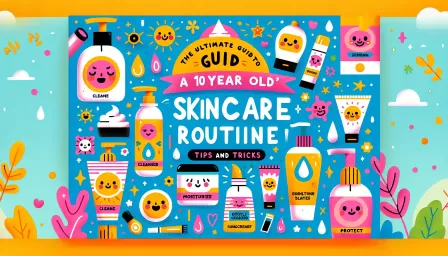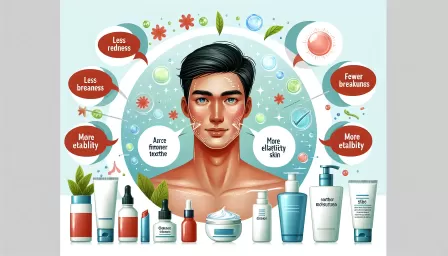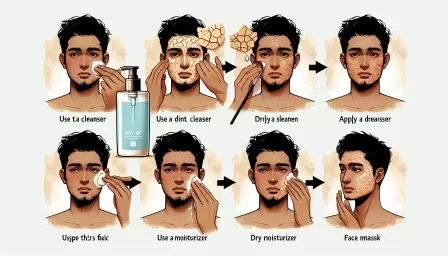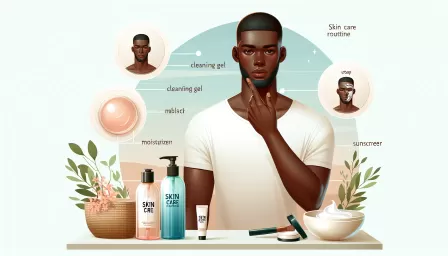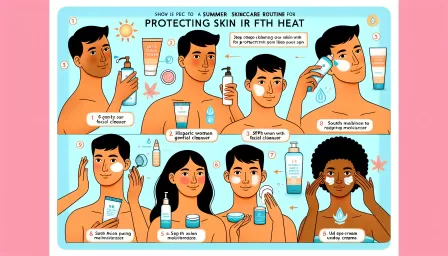Ultimate Guide to Cystic Acne Treatments: From Over-the-Counter to Natural Remedies
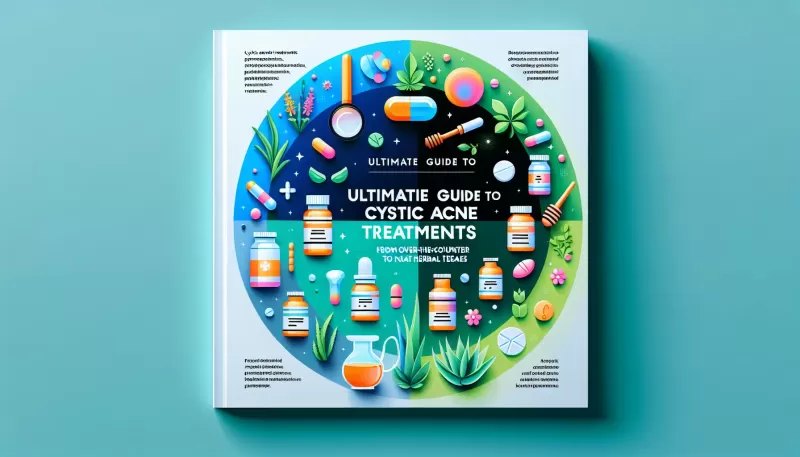
Explore the most effective cystic acne treatments, from over-the-counter solutions to natural remedies, and learn how to manage this challenging skin condition.
Dealing with cystic acne can be a long and frustrating journey. This severe form of acne is characterized by deep, inflamed, and painful cysts under the skin that can lead to scarring if not treated properly. Understanding the available treatments and finding the right approach for your skin type is crucial in managing this challenging condition. This comprehensive guide covers everything from over-the-counter options to natural remedies, providing a clear path to clearer skin.
Understanding Cystic Acne
Cystic acne forms when the skin's pore becomes clogged with dead skin cells, oil, and sometimes bacteria, leading to infection and inflammation. Unlike other types of acne, cystic acne affects deeper skin tissue and requires more potent treatments. It is imperative to approach treatment with patience and persistence, as improvements may take several weeks or months.
Over-the-Counter Treatments
While over-the-counter (OTC) treatments may not cure cystic acne alone, they can significantly reduce symptoms and are a good starting point for many people.
Topical Retinoids
Topical retinoids, derivatives of vitamin A, promote skin cell turnover and prevent the plugging of hair follicles. Products containing adapalene are available without a prescription and can be an effective part of an acne treatment regimen.
Benzoyl Peroxide
Benzoyl peroxide is effective at killing acne-causing bacteria and clearing the pores of dead skin cells and excess oil. It can be found in various concentrations, but starting with a lower strength is recommended to assess skin tolerance.
Salicylic Acid
Salicylic acid is a beta hydroxy acid that helps to exfoliate the skin and clear blocked pores. It's available in numerous forms, including cleansers, lotions, and spot treatments.
Prescription Treatments
For those with severe or persistent cystic acne, prescription treatments may be necessary. These can be more potent and tailored to individual skin concerns.
Oral Antibiotics
Oral antibiotics may be prescribed to reduce bacteria and inflammation. However, they are typically used for the shortest duration possible to avoid antibiotic resistance.
Isotretinoin
Isotretinoin, formerly known as Accutane, is a powerful medication used for severe acne that hasn't responded to other treatments. It significantly reduces oil production and can offer long-term remission of acne.
Hormonal Therapies
For women, hormonal therapies including birth control pills and spironolactone can balance hormones that trigger acne, offering another approach to treatment.
Natural Remedies and Lifestyle Changes
Alongside medical treatments, certain lifestyle changes and natural remedies can support skin health and reduce cystic acne symptoms.
Dietary Adjustments
Adopting a low-glycemic diet rich in fruits, vegetables, and lean proteins can help. Some studies suggest dairy and high-glycemic foods can worsen acne for some people.
Tea Tree Oil
Tea tree oil has natural antibacterial properties and can be diluted with a carrier oil and applied directly to acne lesions to reduce inflammation and bacteria.
Zinc Supplements
Zinc is known for its anti-inflammatory properties and ability to reduce acne severity. Taking a zinc supplement could be beneficial, though it's important to consult with a healthcare provider before starting any new supplement.
Conclusion
Cystic acne is a complex condition that requires a multifaceted treatment approach. Over-the-counter options, prescription medications, and natural remedies can all play a role in managing symptoms and improving skin health. It's essential to consult with a dermatologist to develop a personalized treatment plan tailored to your specific needs. Remember, while the journey to clear skin can be challenging, there is hope and a wide array of treatment options available to support you along the way.






